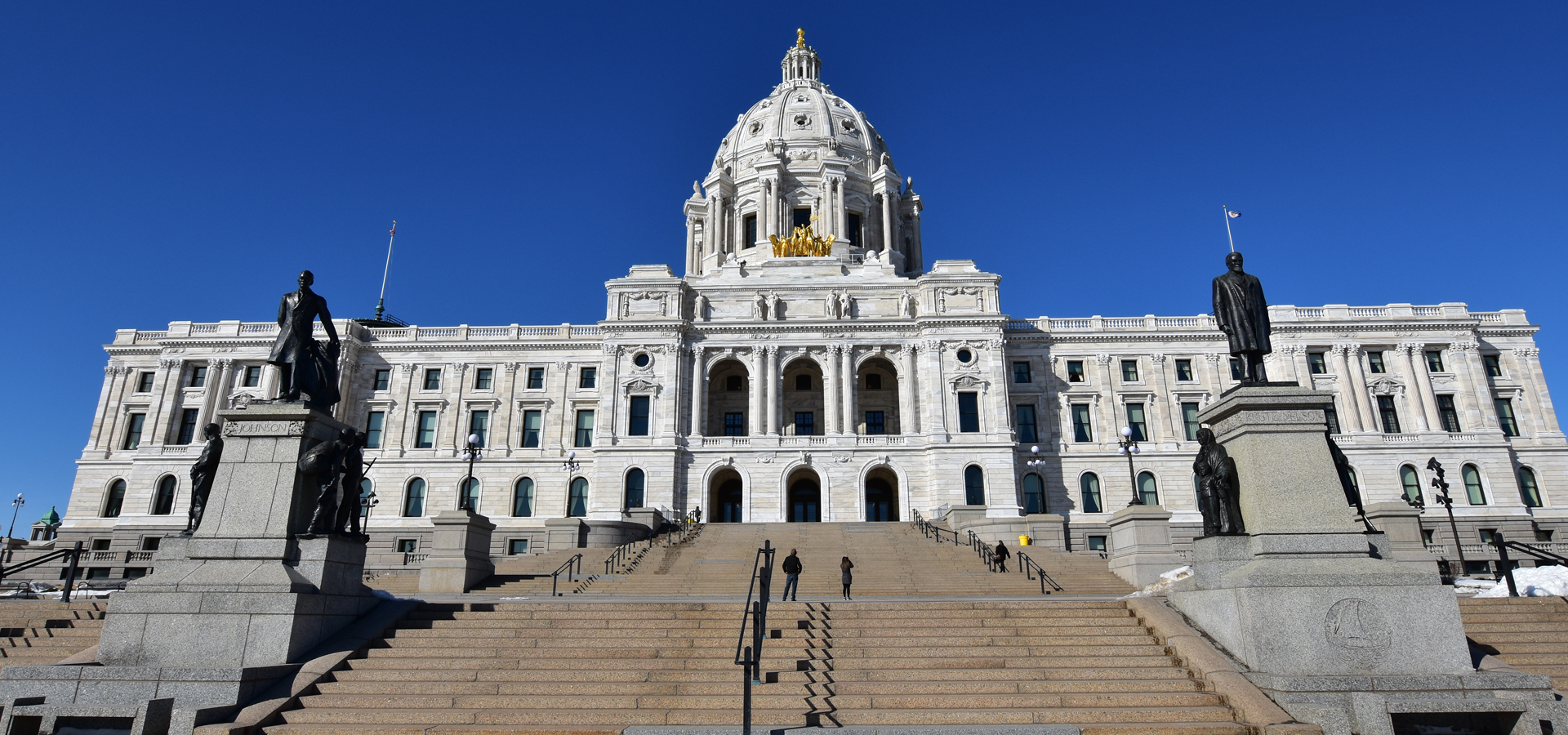
The Minnesota legislature began the fifth special session on Monday, October 12th. After many special sessions that failed to produce a bonding bill, they finally gained some traction this week, which is sure to provide relief to many Minnesota farmers.
Included in the $1.9 billion bonding bill is a provision to “fix” Section 179 and include conformity to the Federal Internal Revenue Code, which allows up to $1 million of Section 179 expense on certain assets. With the new bonding bill in place, Minnesota will soon conform and allow Section 179 expense on these assets as well – without an addback! The new law removes the 80% addback requirement for Section 179 expensing for both individual and corporate filers starting in tax year 2020.
The new law also includes a fix for tax years prior to 2020. In December of 2017, the Tax Cuts and Jobs Act (TCJA) was passed by the federal government. This tax reform changed the way we treated assets that were traded. Historically, taxpayers would depreciate the too-boot amount they paid for the asset. When the TCJA removed the ability to do a like-kind exchange on personal property, such as farm equipment, taxpayers were now required to show income on their return for the sale’s allowance they received for traded property and could depreciate the full cost of the new asset received. The federal government provided relief to taxpayers by increasing the amount of Section 179 expense they could take up to $1 million. Minnesota later conformed to the federal treatment of personal property but continued to require taxpayers to add back 80% of the Section 179 expense exceeding $25,000 they had taken on their federal return, causing a significant Minnesota tax burden for many farmers.
The bonding bill now removes the requirement to add back 80% of the Section 179 expense taken in 2018 and 2019 on traded property. Additionally, subsequent subtractions related to the addback that were made on original returns will be disallowed in order to prevent more than 100% deduction being claimed.
The bill now goes to the desk of Governor Walz for his signature, which is expected soon. If there are any other changes to the law, we will continue to communicate them.



